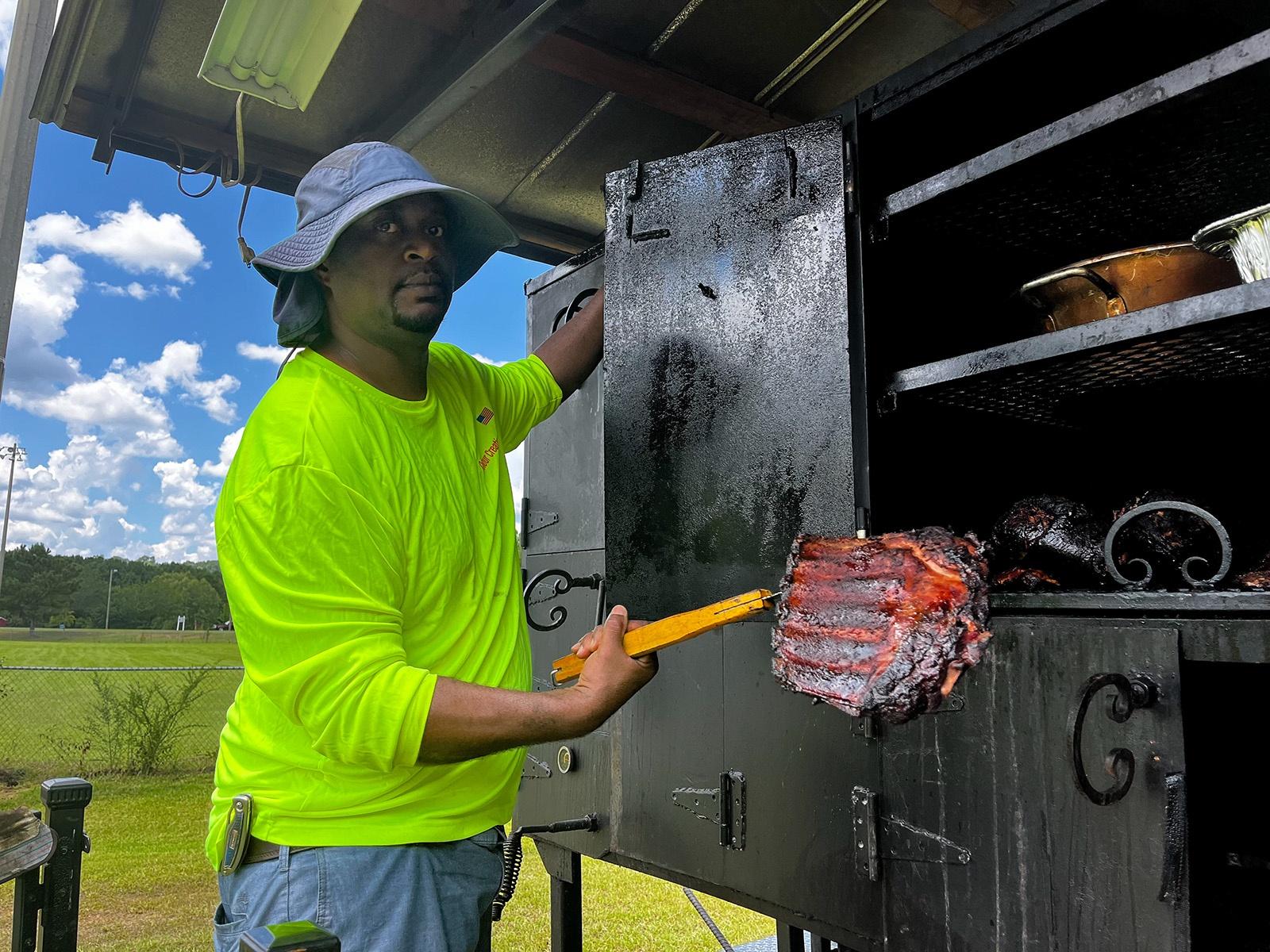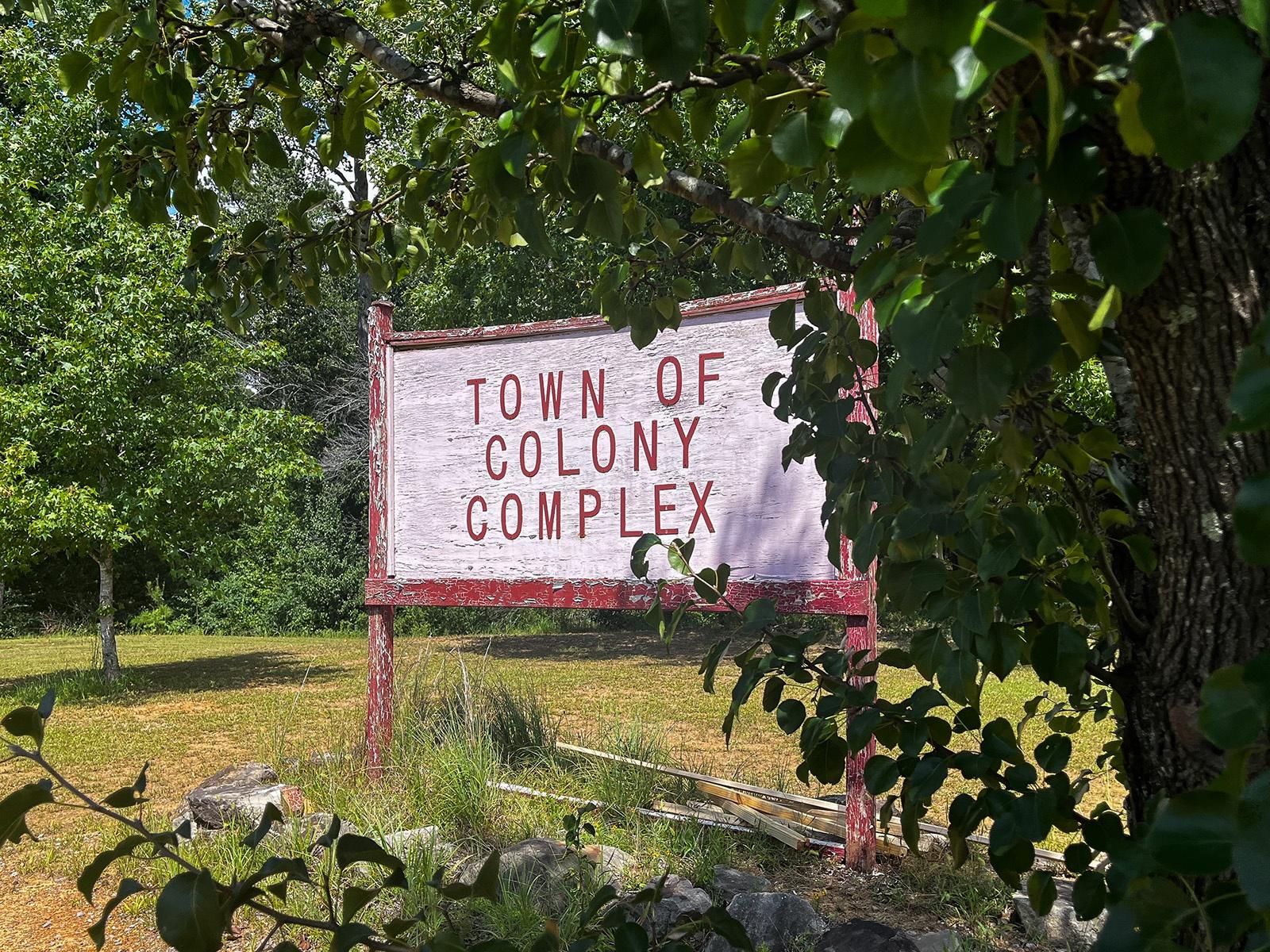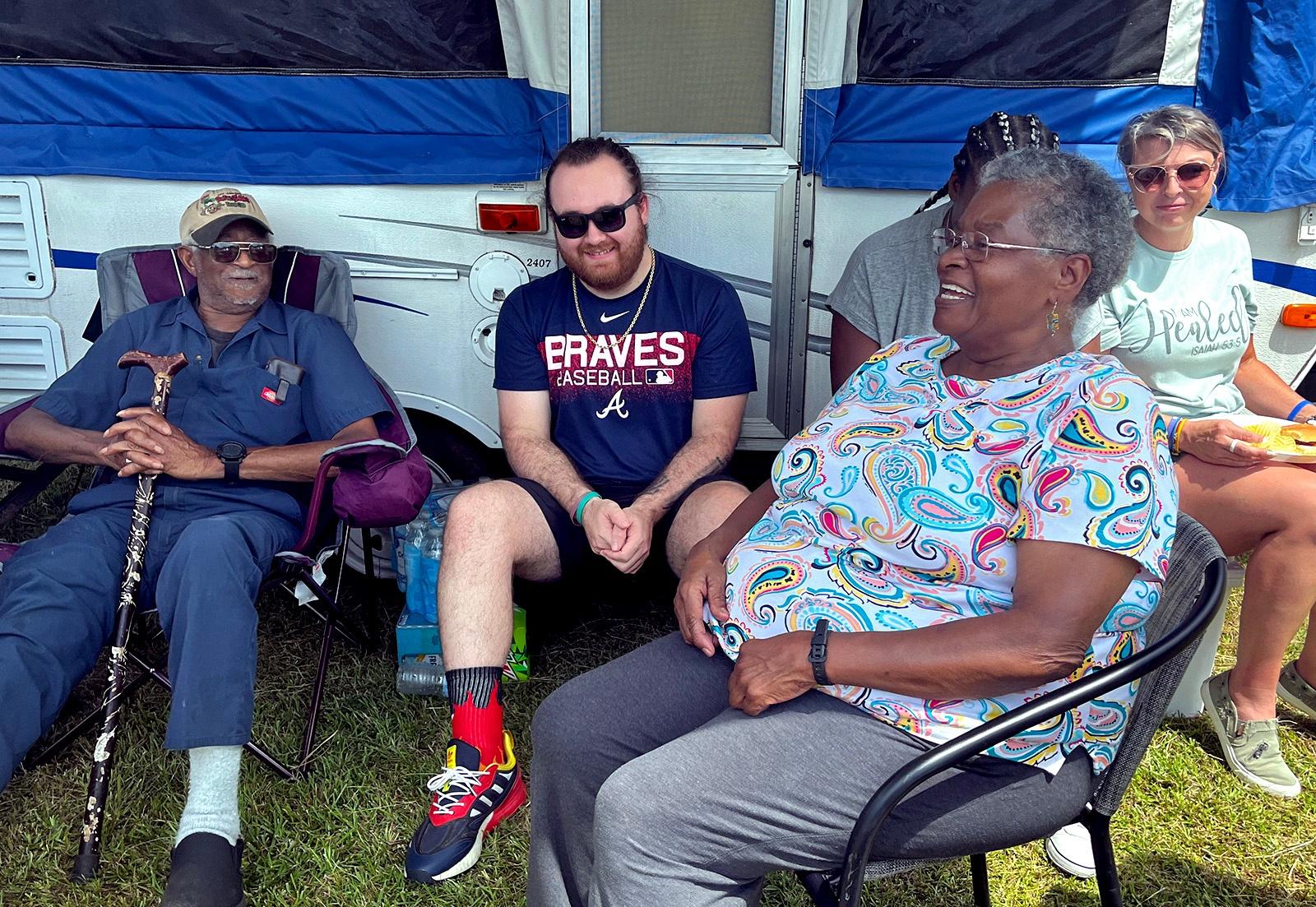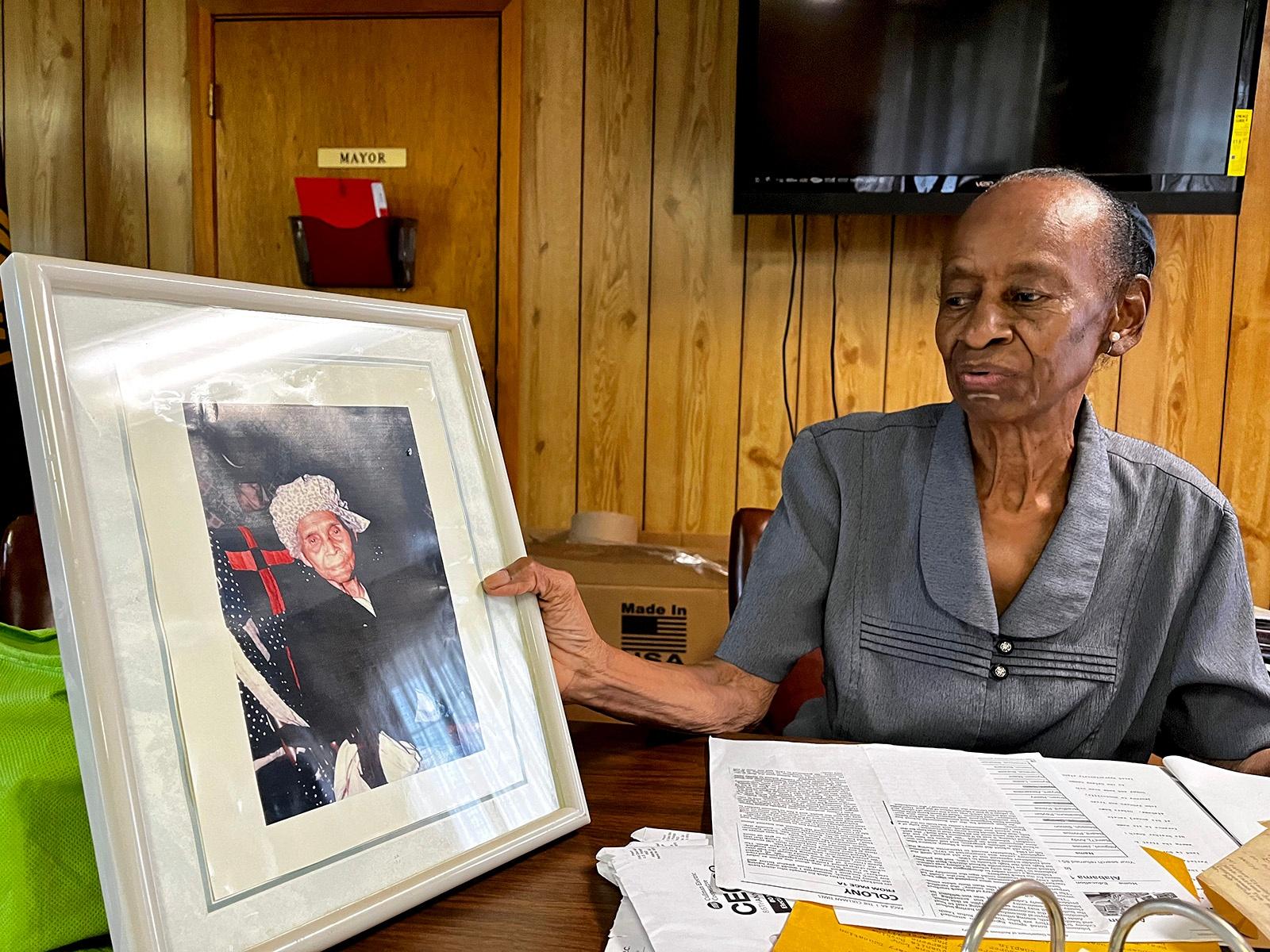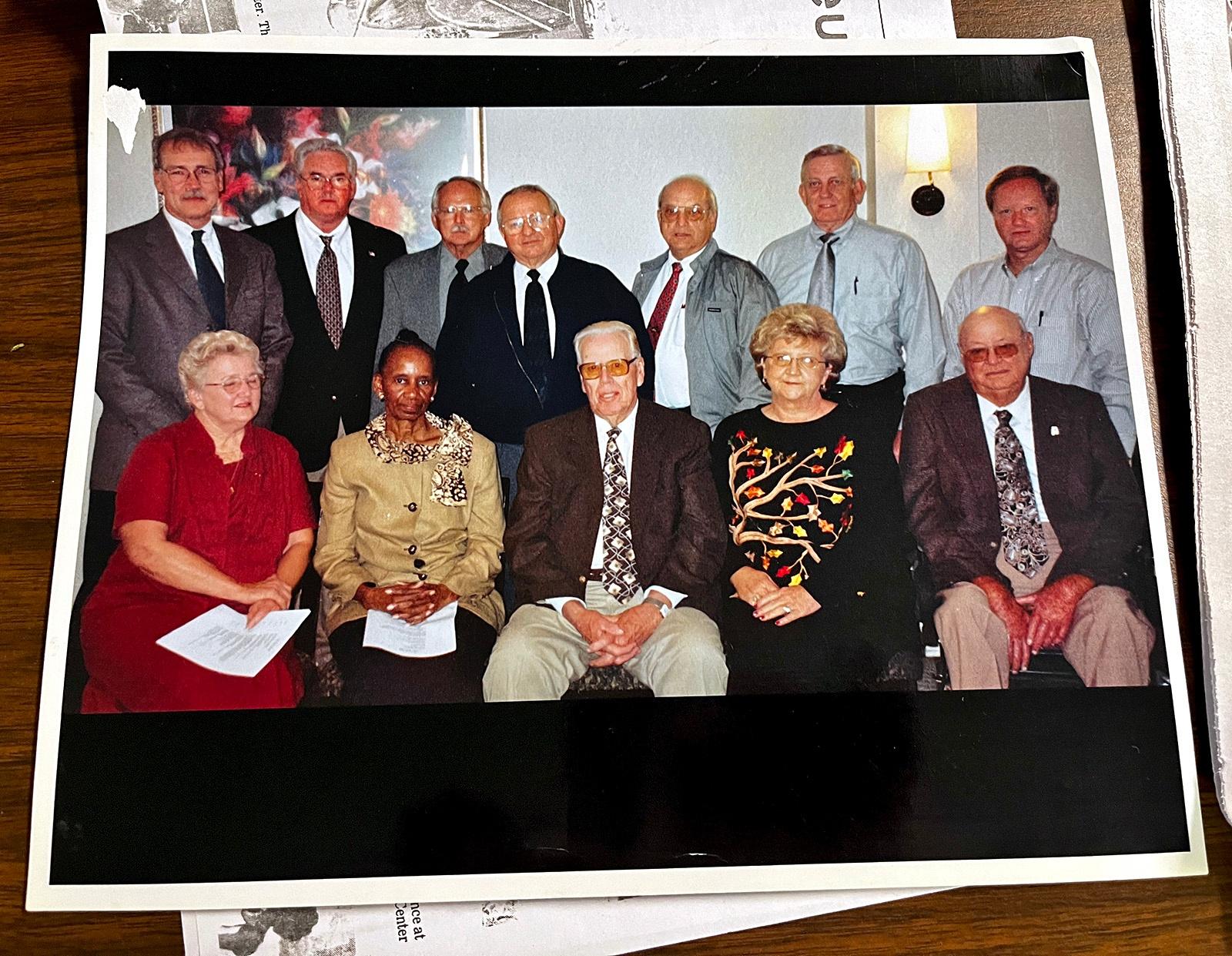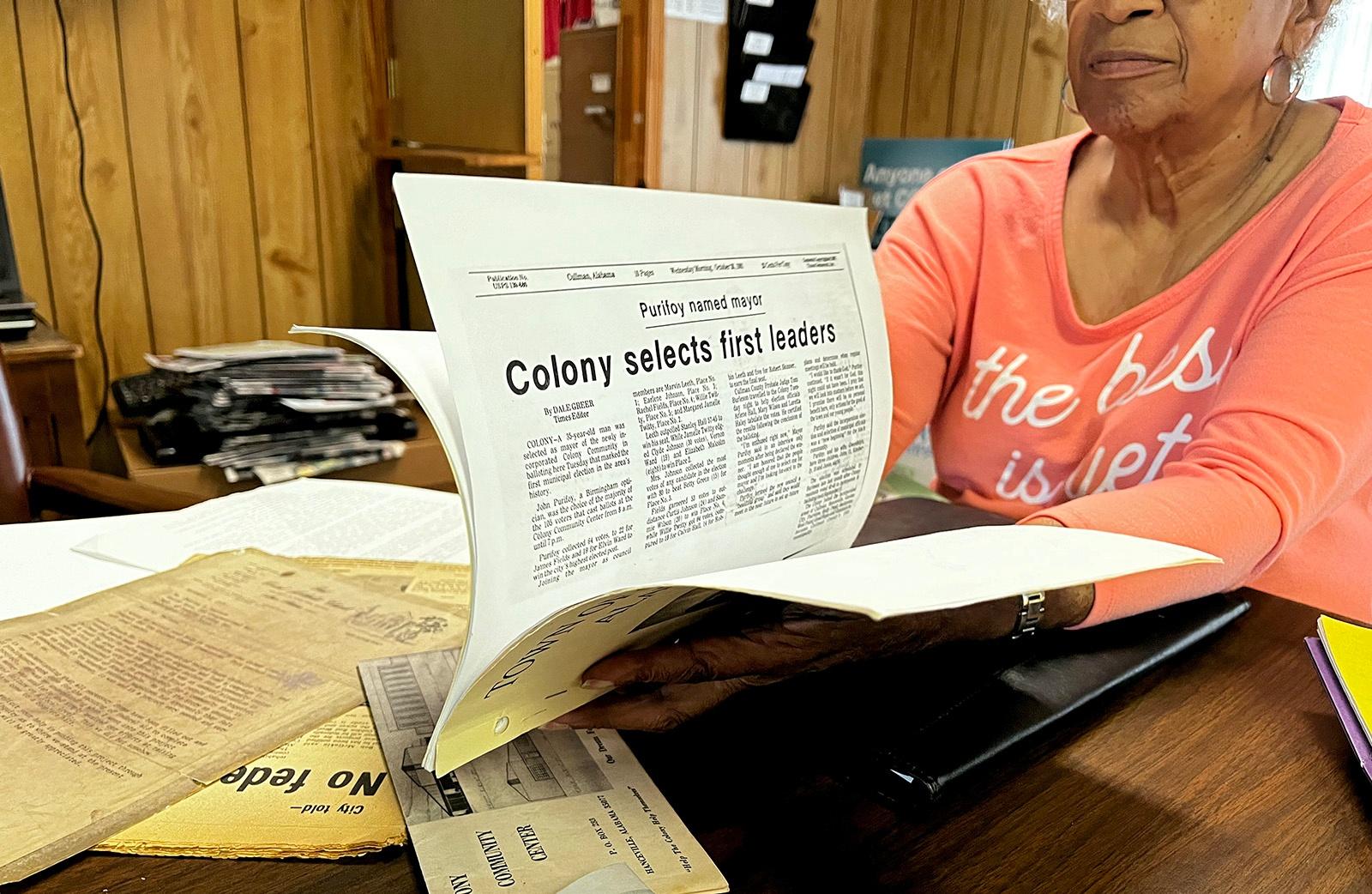Colony was settled following the Civil War by formerly enslaved people in the mid-19th century on land that wasn’t known for being very fertile, Robert Davis, a history professor at Wallace State Community College in Hanceville, Alabama, said. Its infertility kept would-be white settlers away, meaning the town was largely left alone. As a result, it became a safe haven for Black people, Davis said.
Despite the odds, Black farmers were able to work their land, make money and eventually buy their plots. A majority of the town’s residents own the land they live on and it’s been passed down from generation to generation.
“African-Americans from all over the state would move to the Colony. It was like Harlem was to New York or Ensley was to Birmingham,” Davis said. “The black community in Cullman County owned more land than any other community. They had their own stores, their own mills, their own schools — the whole nine yards.”
But when Cullman County was founded in 1873 by Johann Gottfried Cullmann, it was advertised as a place with “No Black and No Indians,” and its largest city — Cullman — was a sundown town. Davis said there were no Black people, or at least very few, in the county.
The Colony wasn’t originally within Cullman County’s boundaries, but in the early 1900s, Davis said county leaders saw mines opened on local coal deposits were bringing jobs and money for Black laborers in the Colony — and they wanted in on those economic benefits.
“You can’t bring Stout Mountain and the coal mines in unless you also bring in the Colony,” Davis said.
Eventually, an agreement was made to shift the county lines to include Colony in Cullman County.





